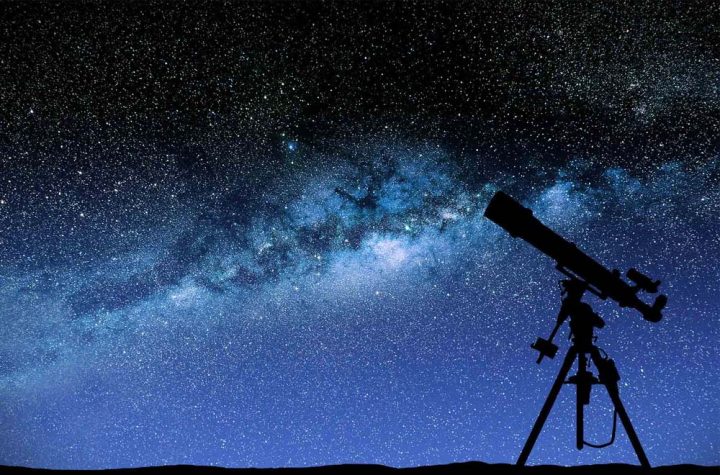Dr John Scales Avery, known to peace activists the world over for his tireless efforts to eliminate nuclear weapons for which he was recognised, as part of the Pugwash Conferences, with the 1995 Nobel Peace Prize, is a prolific author has recently turned his hand to a project to re-write history from a human perspective.
He told Pressenza, “At present, history is taught as though power struggles were its most important aspect. Furthermore, the present teaching of history is an indoctrination in nationalism.” Adding, “We need to reform our teaching of history so that the emphasis will be placed on the gradual growth of human culture and knowledge, a growth to which all nations and ethnic groups have contributed.”
It is clear to anyone involved in teaching that what is taught in schools is frequently driven by nationalist and political interests rather than the needs of humanity or even the needs of the pupils. It is thus a breath of fresh air to see this educational initiative which will hopefully be useful to teachers and anyone interested in a different reading of history.
Dr Avery has so far written 7 parts in the series all of which can be downloaded for free in pdf format (links below) or bought in a digitally printed version.
This week saw the launch of the most recent volume: “Lives in Astronomy”. In a press statement the author announced the latest book which reviews the lives and thoughts of some of the women and men who have contributed importantly to the development of astronomy, from ancient times to the present.
The statement continues:
Our enormous universe
From prehistoric times until the present, every culture has tried to explain the origin of the universe, the Sun, Moon and stars, and the Earth, with its humans, plants and animals. In the earliest of these creation myths, imaginative poetical images predominate. The myths of creation were handed down orally, and to hold the attention of listeners, the stories had to be dramatic and entertaining.
Gradually, over many thousands of years, astronomy developed, and the Earth began to lose its privileged position as the centre of the universe. During the Hellenistic Era, (323 B.C.-31 B.C.), Aristarchus of Samos developed a sun-centred cosmology, which was forgotten during the Middle Ages, but rediscovered and further developed during the Renaissance by Copernicus, Tycho Brahe, Galileo and Kepler. The work of Isaac Newton brought order and universal natural laws into our picture of the solar system.
Finally, in modern times, the discoveries of Einstein, Hubble, Penzias and Wilson have given us a picture of an almost indescribably vast universe, in which our solar system appears only as an insignificant speck.
Today we are “lost in the stars”. Our planet no longer seems to be the centre of the universe, about which everything else revolves. Nevertheless, the Earth is our home, and it is enormously important not only to all humans, but also to the plants and animals with which we share the gift of life. The Earth may be just a small blue speck, drifting onwards in the dark immensity of space, but it is our home, and we must work with courage and dedication to care for it. We must give our children a future world in which they can survive.
In addition to the book on Astronomy, other volumes have been written on: Chemistry, Medicine, Ecology, Physics, Economics and the Peace Movement.
The links to all the books in the series can be found below:










